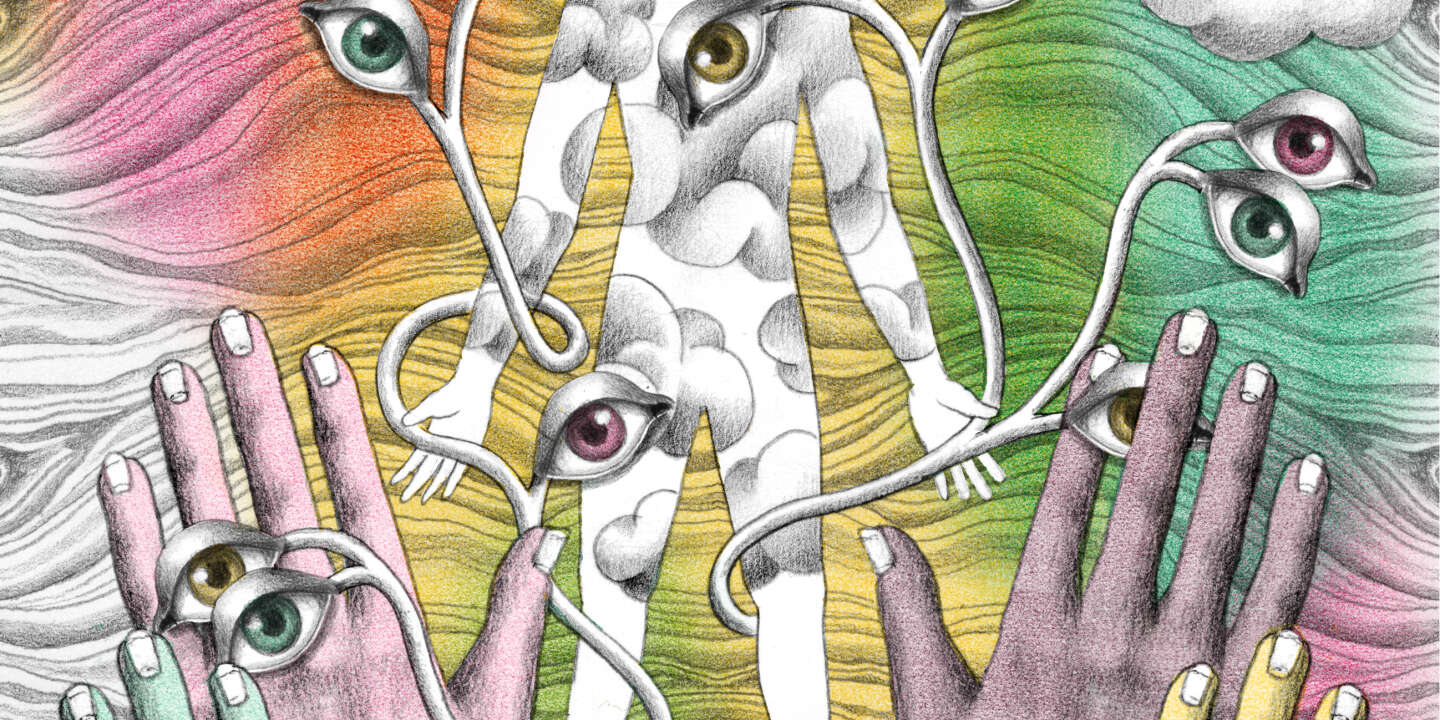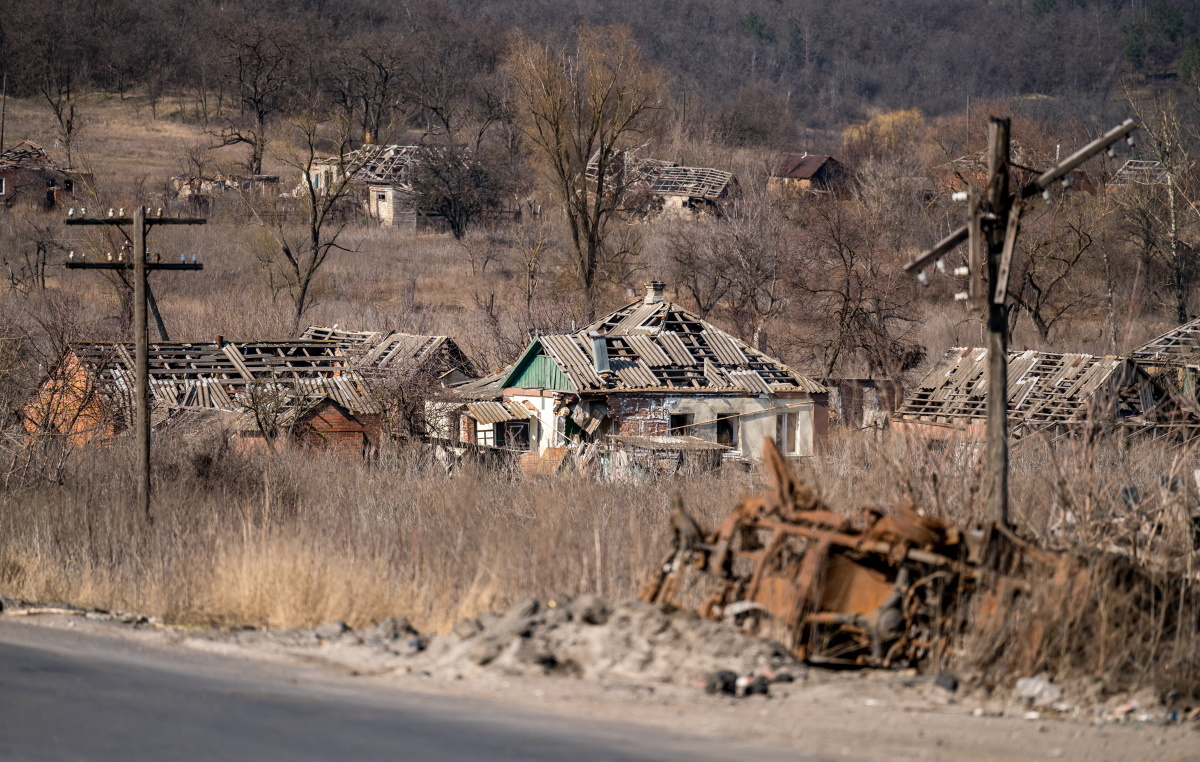DescriptionDeveloping on the weaknesses of representative democracy, this concept has its roots in the 19th century, both in Russia and the United States. It’s not meant for left or right extremists: even President Emmanuel Macron plays it skillfully.
Will Emmanuel Macron become a populist? The question resurfaced in public debate after a small sentence uttered by the Head of State, on January 4, about people who are not vaccinated – “I really want to piss them off” – in an interview given to readers Parisian. The unusual combination of the first-person singular and “live chat” bordering on insults, in a newspaper with a notoriously popular readership and in the middle of an election campaign, has caused a lot of ink to flow. The incident has not remained isolated: since then, there have been numerous actions (actual or announced) by the candidate for re-election and his administration, such as lowering gasoline prices, suspension of vaccination licenses or removal of audiovisuals. license fees, has been described as “populist”.
If this question has caught the attention of some commentators and the general public, it may be because, formulated in this way, it invites us to reconsider the pejorative political labels often used today; and perhaps even, more generally, the reading grids most often used to “categorize” politicians. While the adjective “populist” is easy to attribute to personalities at the opposite end of the political spectrum, from Marine Le Pen to Jean-Luc Mélenchon, associating him with the Head of State seems an oxymoron. Especially because, during the 2019 European elections, this opposition has been staged by Emmanuel Macron, by his close collaborators and by members of his political movement: “A number of populist forces are rising in Europe and we will fight them. We want to be a progressive, determined central force.”said Nathalie Loiseau in particular when presenting the list of La République en Marche.
However, this is not the first time that populist overtones have been detected in Emmanuel Macron. Already, during the previous presidential campaign in 2017, his political strategy was sometimes described as “central populism”or maybe“extreme center”, in the words of historian Pierre Serna. His performances about the opposition between civil society, which the candidate claims, and the establishment can make people think about it; such as his desire to appear “anti-party”, “anti-system”. He has also accepted the label, during an interview at sunday newspaperstated at the time: “If being a populist means speaking to people in an understandable way without going through a device, I’m willing to be a populist. »
You have 88.78% of this article left to read. The following is for customers only.

“Reader. Future teen idol. Falls down a lot. Amateur communicator. Incurable student.”




